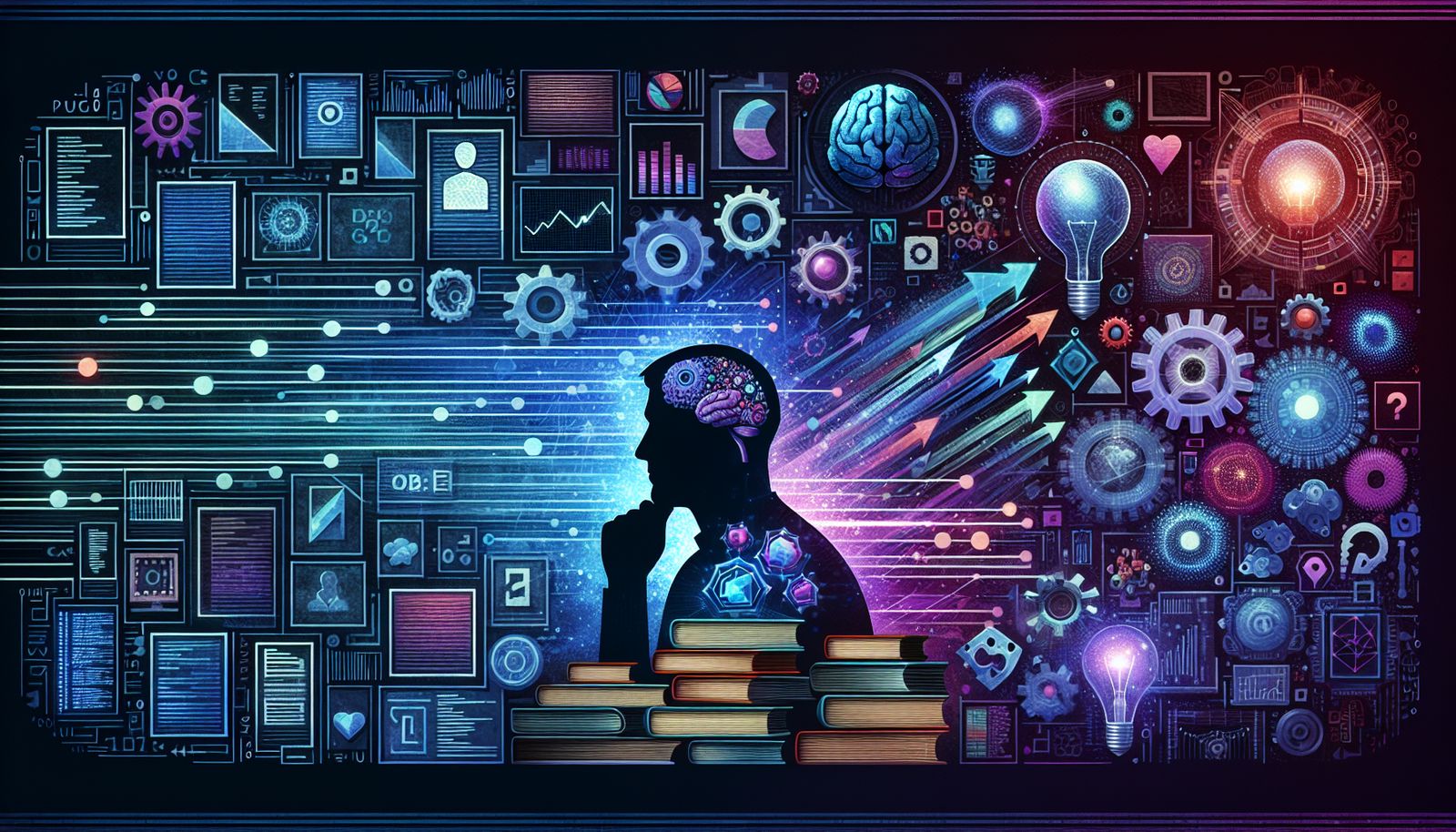The current technological revolution is redefining the contours of the programmer’s profession. The lack of coding skills is no longer a barrier to practicing this profession. Authoritative voices, such as John Naughton, assert that human expertise surpasses programming knowledge. The rise of artificial intelligence is reshaping traditional roles, transforming non-coders into true solution designers. The enthusiasm for intuitive and accessible tools contributes to this momentum.
No need to code to be a programmer
John Naughton, a prominent thinker and technology educator, advocates the idea that expertise is more important than skills in programming. According to him, mastering artificial intelligence allows anyone to qualify as a programmer without needing to master traditional programming languages. This paradigm shift is manifested by a wider access to technologies, making their use accessible to a non-technical audience.
The influence of artificial intelligence
The rise of artificial intelligence is profoundly transforming the technology sector. Innovative tools are enabling the replacement of tasks once reserved for programmers, making application creation simple and intuitive. With solutions like Low Code, users can design applications without needing coding knowledge.
The stakes of technological understanding
Naughton emphasizes the importance of understanding the mechanisms of the tools used. Even as coding as a skill diminishes, analysis ability and critical thinking must remain priorities. Technology users must evolve towards a mindset where they can solve problems while mastering AI-assisted tools.
The redefinition of the programmer’s role
The role of the programmer is being redefined through this dynamic. Many professionals find that being a programmer is no longer limited to mastering various languages, but also encompasses the ability to identify suitable solutions and collaborate effectively with multidisciplinary teams. Establishing a common language between technicians and users thus becomes essential for successful application design.
Training and required skills
The skills required to thrive in this new context include logic, problem-solving, and communication abilities. It is no longer just about writing code, but knowing how to think like a programmer. Curricula must evolve, emphasizing these critical skills. An adjustment of training is therefore necessary to reflect these new realities.
The future of software development
In light of AI advancements, some researchers predict that soon, automated tools could draft up to 90% of the code typically produced by human programmers. This upheaval raises questions about the sustainability of traditional programming jobs. It becomes necessary to rethink careers and specializations within the tech sector.
Companies must adapt to this rapid evolution, integrating AI into their development processes. Tech giants like Microsoft and Samsung are heavily investing in these technologies, seeking to train competent teams in this systemic vision. The development of humanoid robots and solutions granting intelligent governance of data is a striking example of the ongoing evolution and an innovative mindset.
Perspectives of a new era
The innovative approach of AI may well transcend certain industrial barriers. The real challenge now lies in creating synergies between humans and machines. Professionals must cultivate interpersonal skills, thereby enhancing their ability to collaborate and understand the economic issues underlying emerging technologies.
Companies that manage to integrate this logic into their daily practices will gain a comparative advantage. This will pave the way for better resource management and increased innovation capacity. Reflections on data governance will emerge alongside, shaping a digital ecosystem where understanding and agility are the true assets.
Questions and answers
What do we mean by the idea that it is not necessary to code to be a programmer?
This expression means that with the evolution of artificial intelligence and Low Code tools, it is possible to perform programming tasks without having to write code manually. The emphasis is on expertise and the ability to understand the problems to solve.
Why is expertise more important than the ability to code?
According to John Naughton, expertise allows one to understand user needs and solve complex problems, which is essential in project development. The ability to communicate with tools and oversee their use is paramount.
What tools or methodologies allow programming without coding?
Low Code and No Code tools facilitate the creation of applications without requiring in-depth programming knowledge. Platforms like Zapier or Microsoft PowerApps enable the design of solutions while minimizing the need to write code.
Can programmers without coding skills still work in the tech industry?
Yes, professionals with strong expertise in other fields like project management, data analysis, or UX/UI design can play a valuable role in the tech industry, even without technical coding skills.
How can one train to become a programmer without learning to code?
There are several training programs focused on Low Code tools and understanding programming principles. Participating in workshops, taking online courses, or receiving specific certifications can help acquire the necessary skills without learning traditional programming languages.
What skills are essential for a programmer in a no-code environment?
Essential skills include critical thinking, problem-solving, the ability to work with interdisciplinary teams, as well as good communication and an understanding of user needs.
Does this trend of doing without coding represent a risk for future developers?
This phenomenon allows diversification of roles within teams and opens programming to a larger number of people. However, it raises questions about the depth of skills required and about human interactions in development processes.






